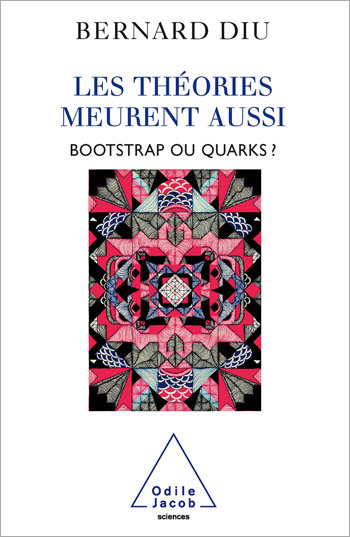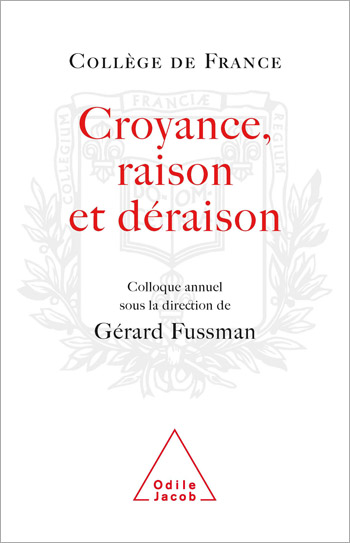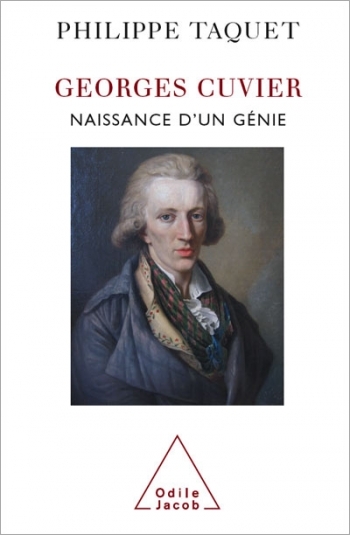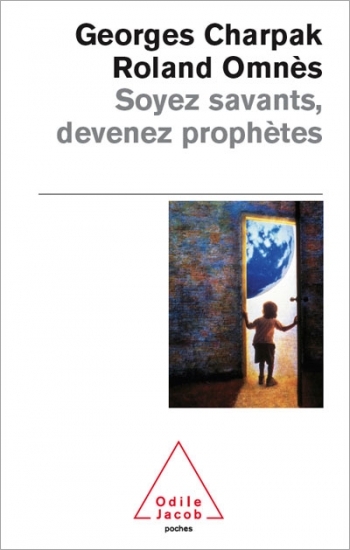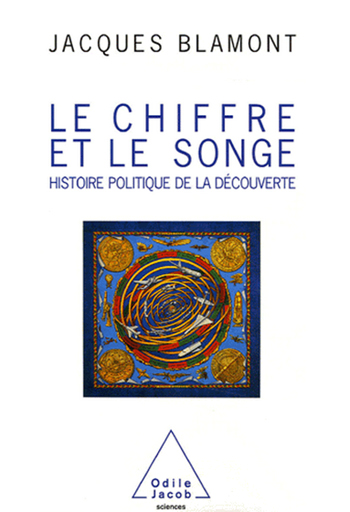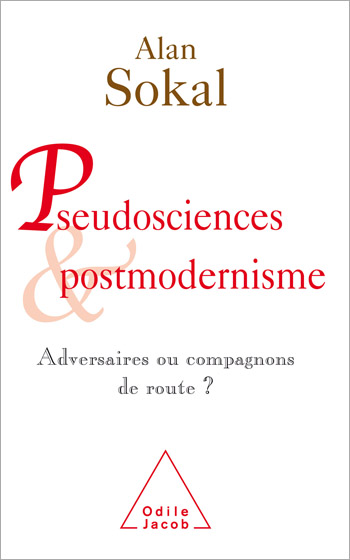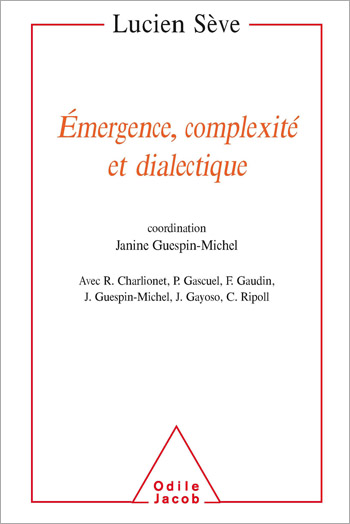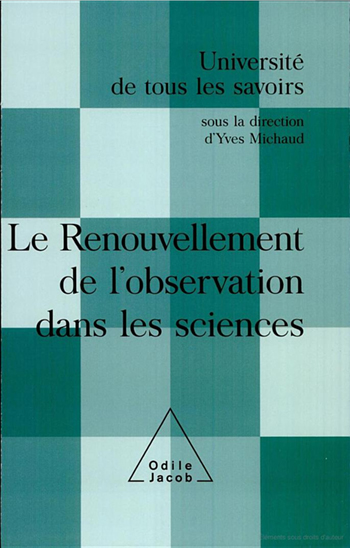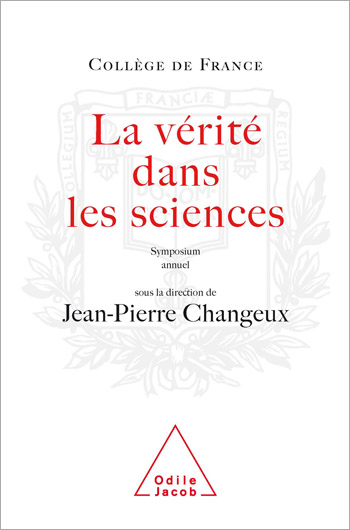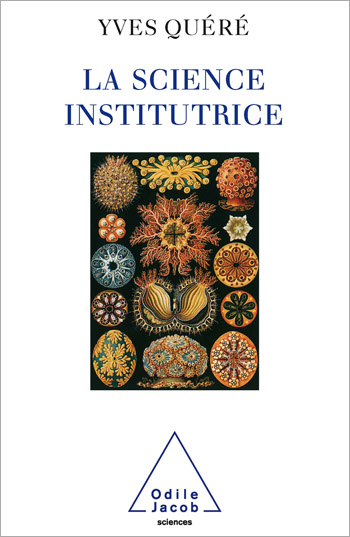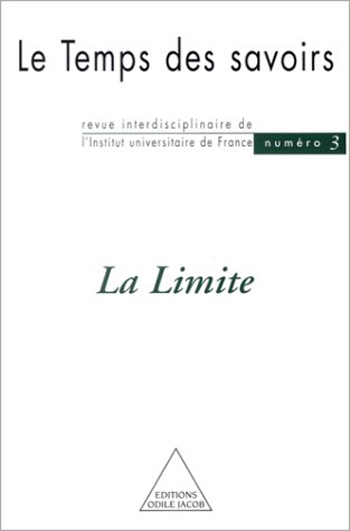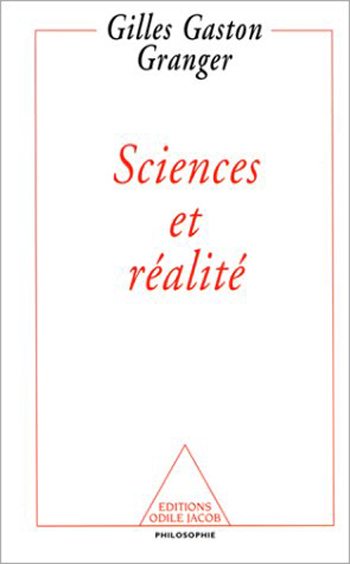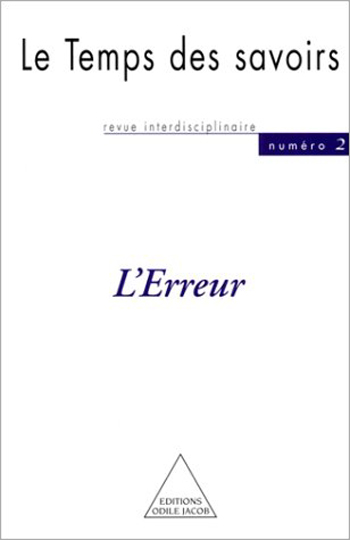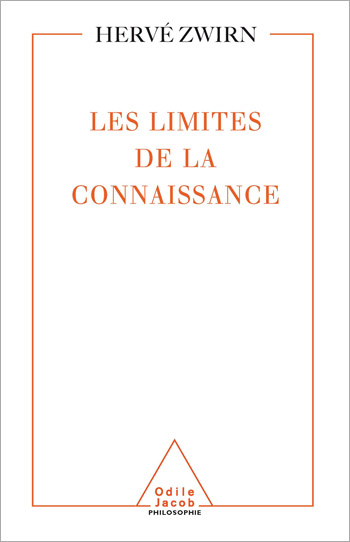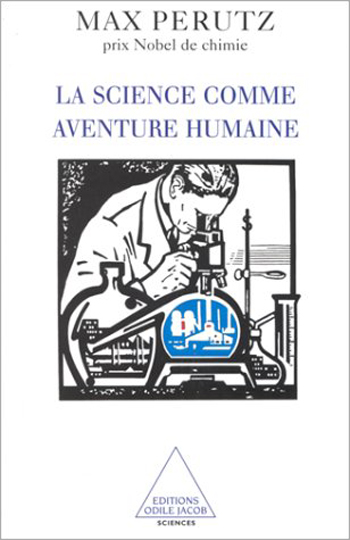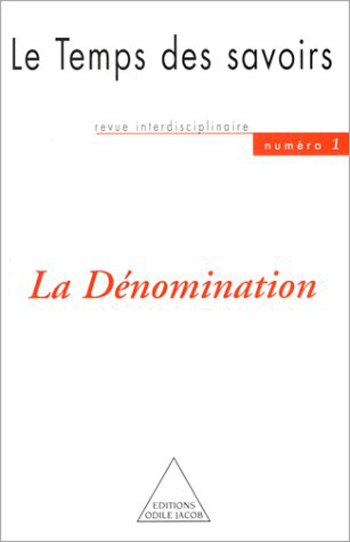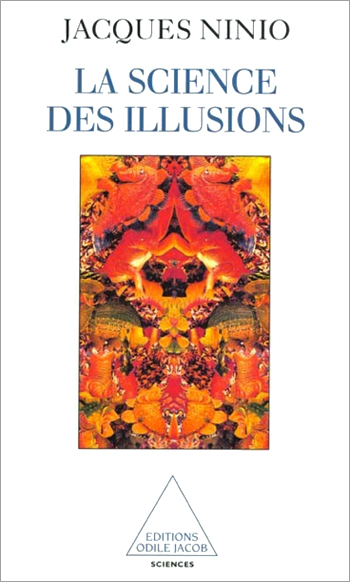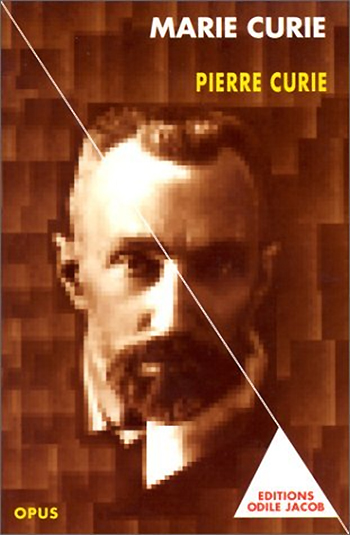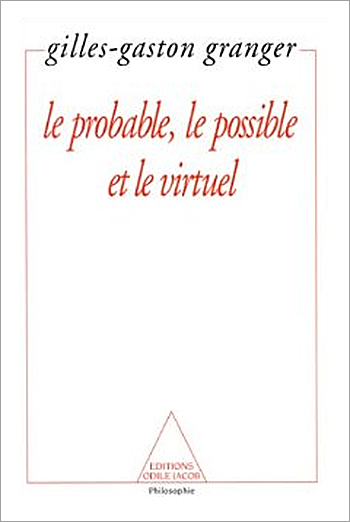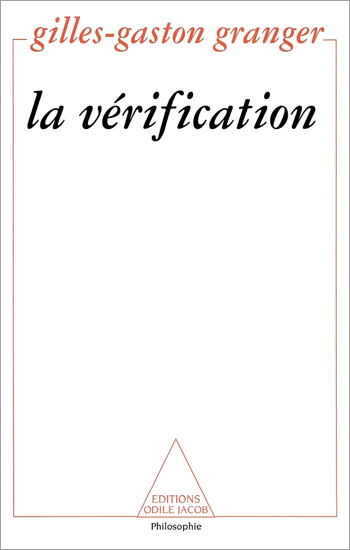Epistemology, history of science All books
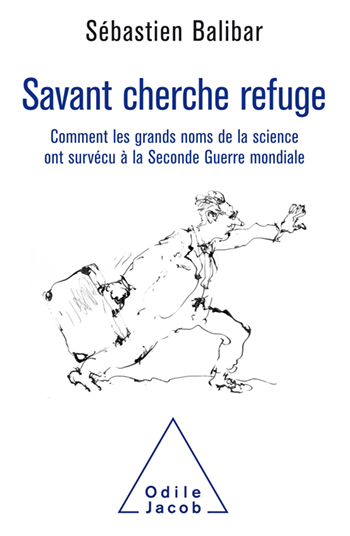
Sébastien Balibar
A Tormented Scientist
A key, virtually unknown, moment in the history of science.When science emigrates under pressure from totalitarianism.
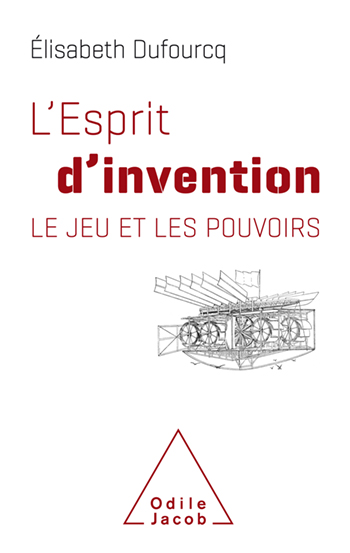
Élisabeth Dufourcq
The Spirit of Invention Power Play
A masterful panorama of the great scientific inventions. Much more than a history of science, an inquiry into the scientific mind, the logic of discoveries, the innovative strength of science.
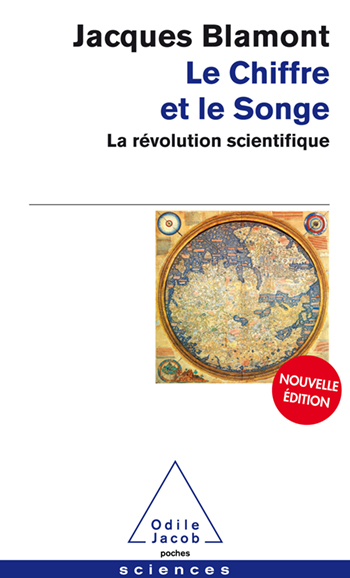
Jacques Blamont
The Number and The Dream
Jacques Blamont is a professor at the University of Paris-VI and a member of the French Academy of Sciences. He is one of the fathers of the French space programme and was formerly the scientific director of the CNES.
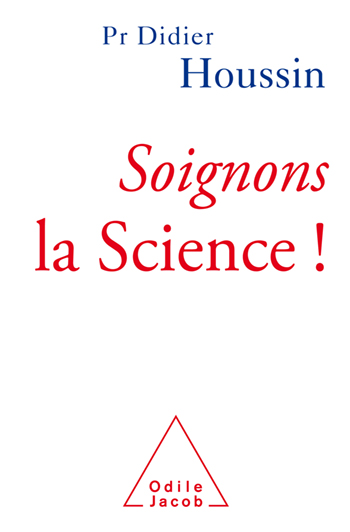
Didier Houssin
Let’s Take Care of Science!
Well-written, eloquent, exhibiting great depth, the book is both an ode to science and a reflection on the recent tendency toward gigantism, encouraged primarily by Big Data.
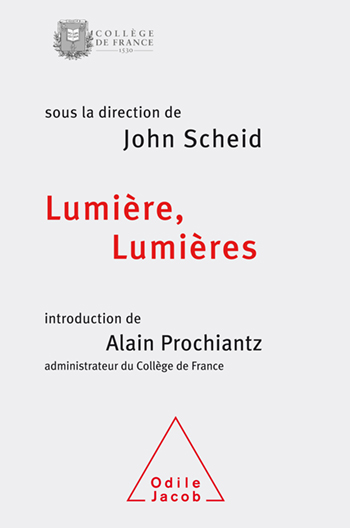
John Scheid, Alain Prochiantz
Lights, light
The 2015 Colloquium of the Collège de France unites some of the most eminent authors in physics and astrophysics, in biology, in neuroscience and the history of science. Light is a timeless subject: it has always had the power to fascinate and disturb. Here it is explained.
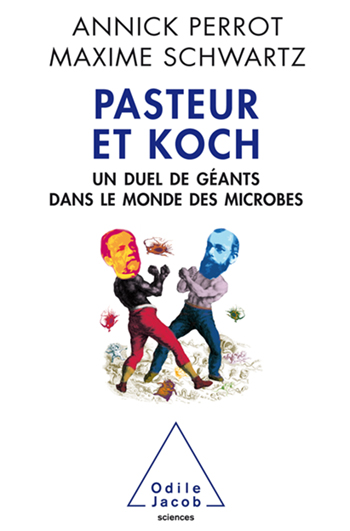
Annick Perrot, Maxime Schwartz
Pasteur et Koch A Duel Between Giants in the Microbial World
The tale of the rivalry between two great scientists engaged in the race to conquer infectious diseases, told against the historical backdrop of rising nationalism
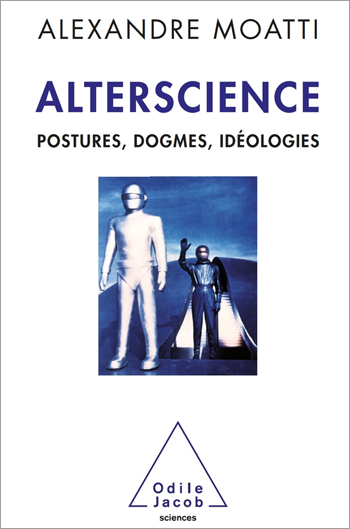
Alexandre Moatti
Alterscience
This much-needed book warns against a type of obscurantism that is spreading alarmingly on the Internet
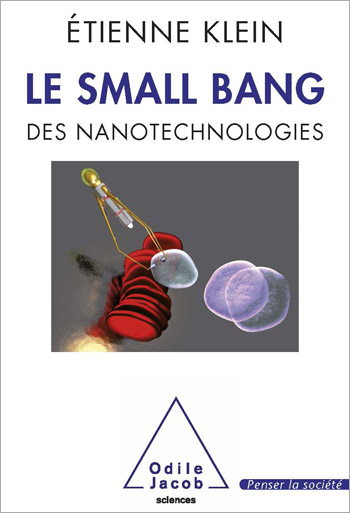
Étienne Klein
The Small Bang of Nanotechnologies
Nanotechnologies no longer concern just the manipulation of matter, one atom at a time: they now incorporate all the techniques that allow the manufacture of tiny objects with a precision equal to one billionth of a metre...
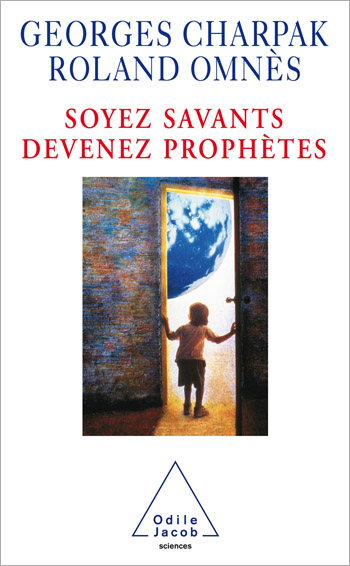
Georges Charpak, Roland Omnès
Becoming a Magician is Becoming Prophet
In a simple, accessible style the authors address questions that we all ask ourselves about science: Why hasn't science made human beings wiser? Hasn't it even had the opposite effect, rendering humans' criminal tendencies even more devastating? To answer these questions, the authors develop the idea that the advent and triumph of modern science have induced a profound change in humanity because science has given human beings the capacity to understand and master phenomena occurring on the microscopic level - a scale that is alien to them. Some of the fundamental elements of contemporary physics are presented here in game form. The authors argue that physics has left free human beings face to face with an equally free interplay of natural forces and that, without causality and finality, the world has become deprived of meaning. It is therefore hardly surprising that many have taken refuge in religion. But the authors propose an alternative to religion, arguing that we can fulfil our modernity by helping our children develop their love of experimentation so that they can discover the meaning of things for themselves - instead of embracing ideologies that can only be imposed through terror. Georges Charpak is a physicist and Nobel Prize Laureate in Physics. Roland Omnès is a physicist and Emeritus Professor at the University of Paris XI-Orsay.
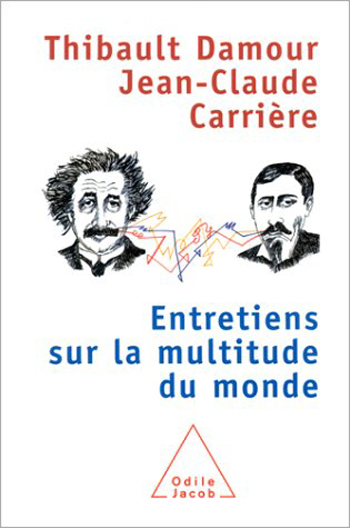
Jean-Claude Carrière, Thibault Damour
Reflections on the Mass of the World
Physicists are now faced with the disturbing certainty that the reality of the world is multiple. We do not exist in a single story, with a middle and an ending. Instead, we live in a multitude of superimposed stories although we see only our own because our perception is limited by the narrow beam of light in which we exist.
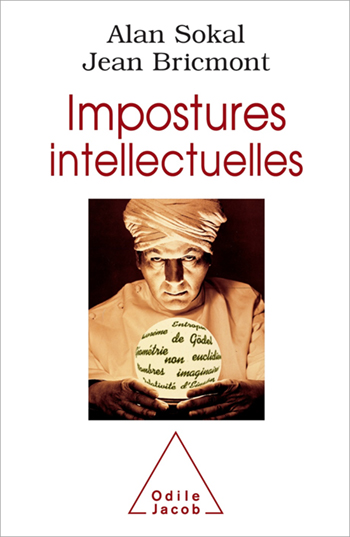
Alan Sokal, Jean Bricmont
Intellectual Impostures
In spring 1996, a American journal published an article in which the author Alan Sokal, supported his ideas with quotations from famous intellectuals, both French and American...
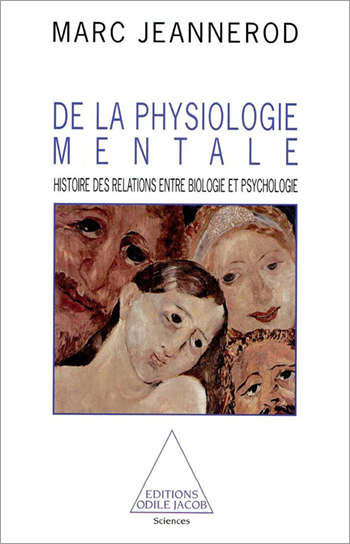
Marc Jeannerod
Of Mental Physiology A History of the Relationship Between Biology and Psychology
A relative newcomer to the world of science, psychology gives rise to a rivalry between two older siblings, philosophy and biology. This enduring conflict between materialism and spiritualism, which continues today in other forms, without adoubt was the driving force behind its progress. What we know today about the spirit is a result of this history. Biology and psychology have shaped each other in turn. This book represents a riveting study on how two centuries of spiritual quarrelling made possible the modern attempt to establish the inner workings of the mind. A professor of physiology at the Université Claude Bernard, Marc Jeannerod is also the director of an Inserm neurological research team in Lyon.

